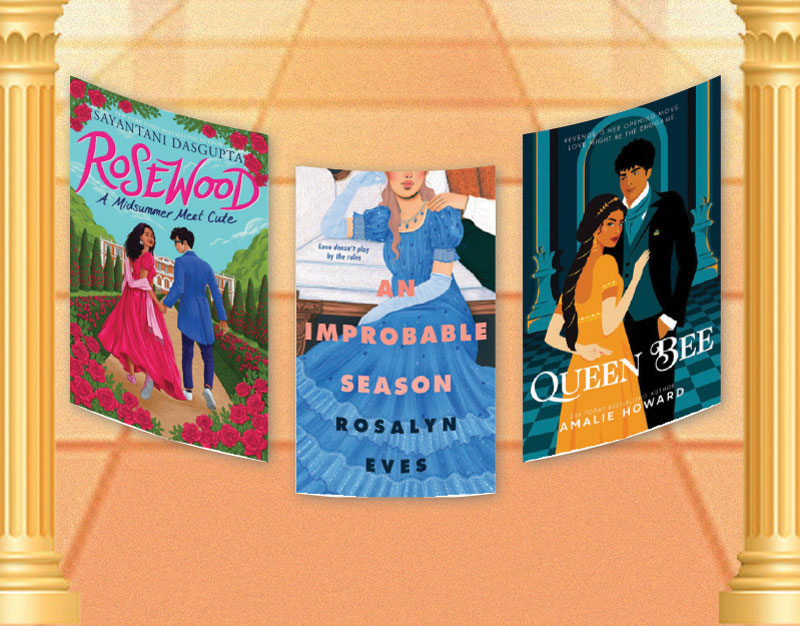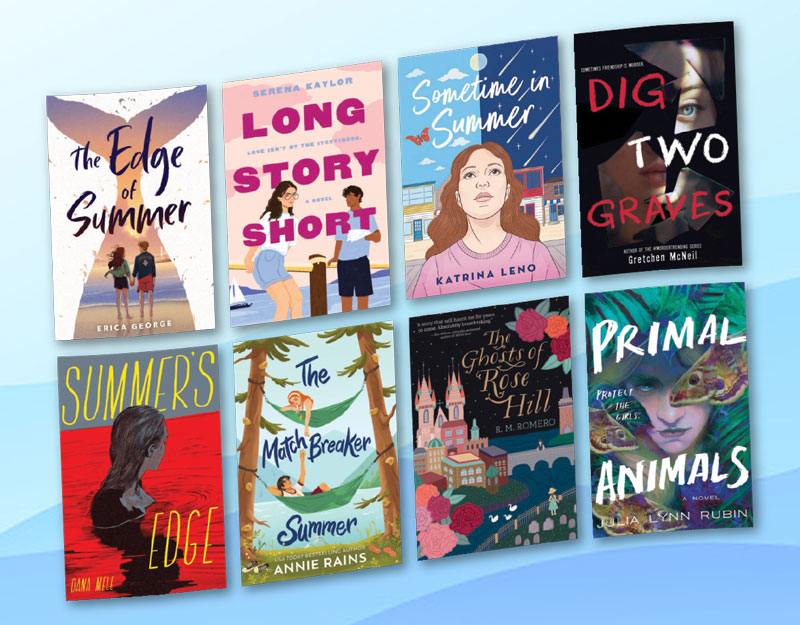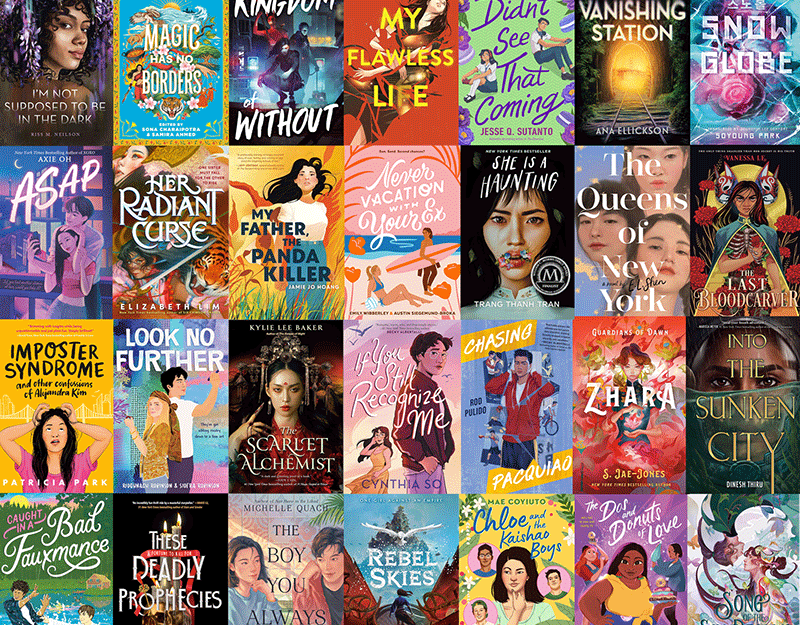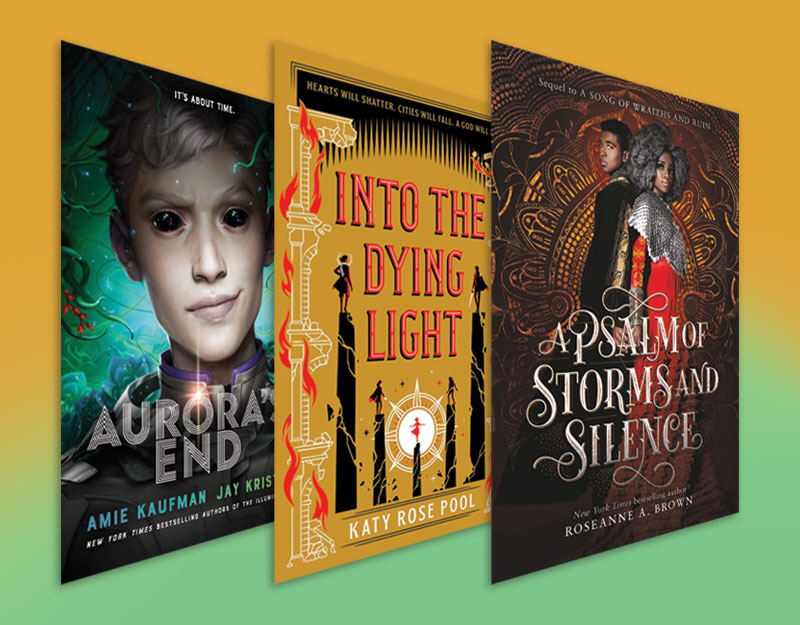Staff Development: When RA training and diversity training meet
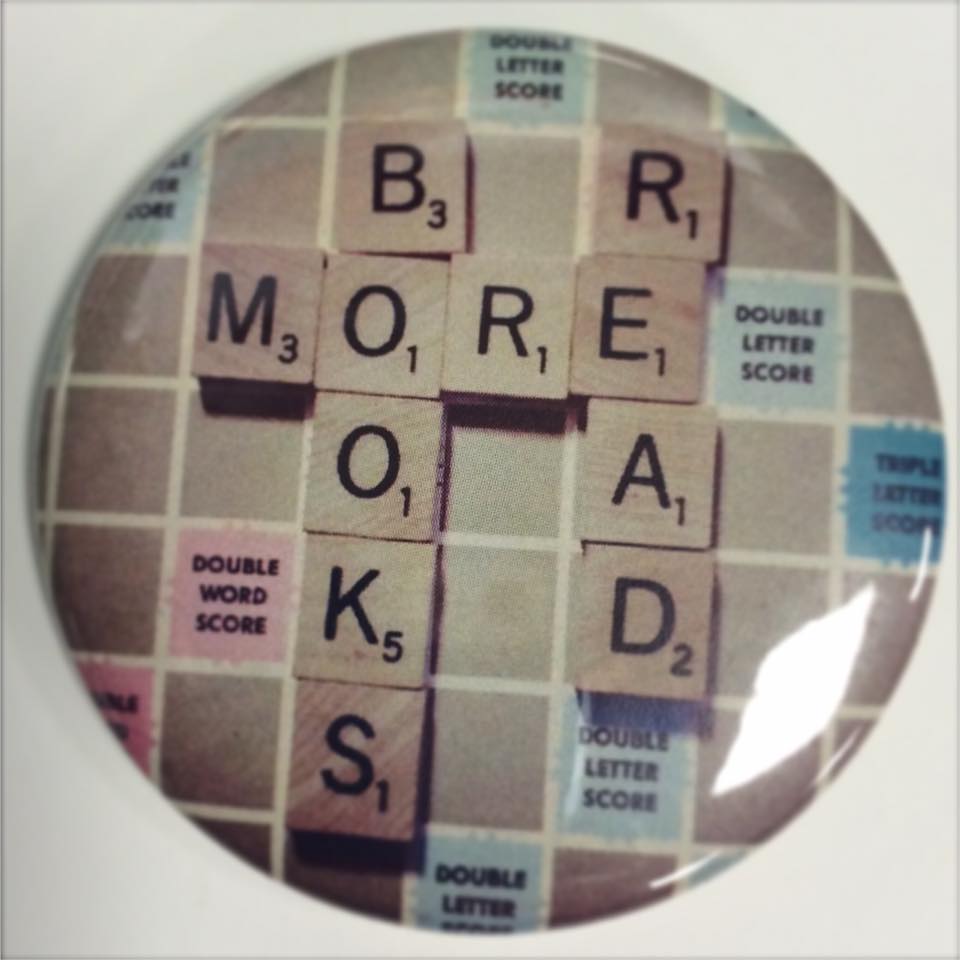
Earlier this year, my immediate supervisor Kathryn King and I were asked to do some RA training for youth services staff across multiple branches at the Fort Worth Public Library system and we got to envision what that would look like. We did some brainstorming and decided that we wanted to make an intentional effort to focus on diversity and inclusion. We have now done two sessions and it has been a very personally and professionally rewarding experience. Here’s an outline of what this training looks like.
As I mentioned, we decided that we wanted to focus on diversity and inclusion, but we were also asked to specifically do traditional booktalks to help staff do RA with patrons at the public service desks. In the month of January we focused on African American literature and in the month of March we focused on Asian American literature. We will be doing some additional sessions on Latinx literature, Native American literature, and LGBTQ literature to finish out the year 2019.
ADVERTISEMENT
ADVERTISEMENT
Each training session is organized as follows.
The Foundations
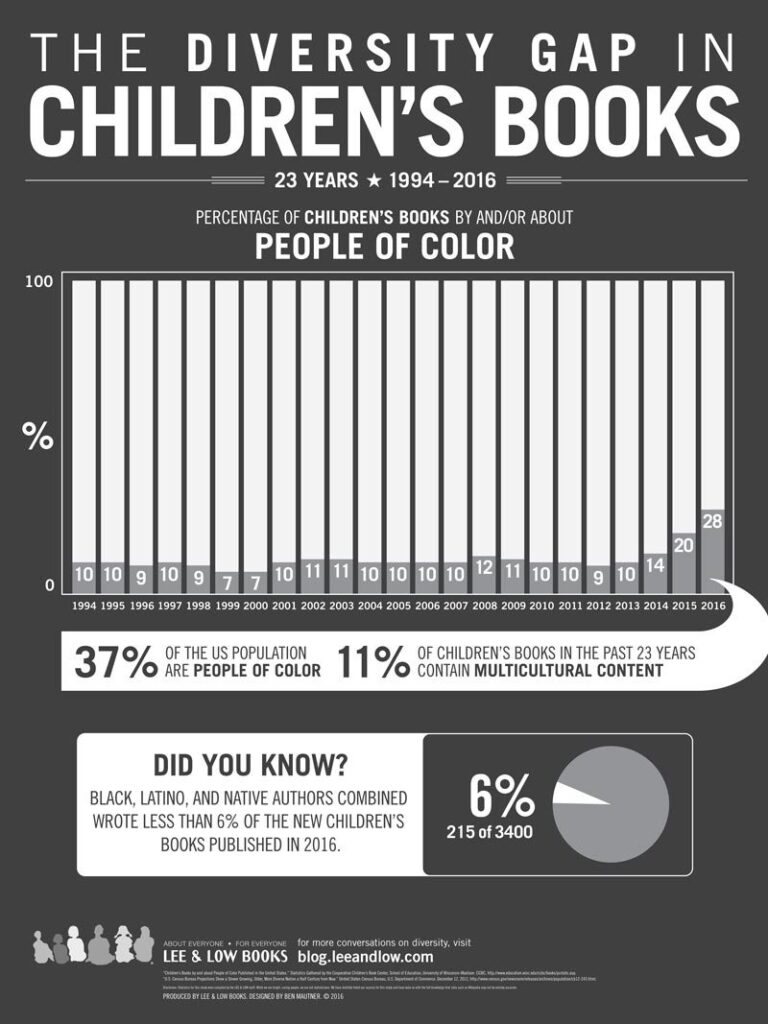
When we initially began this project, we began by discussing current diversity stats in children’s and YA lit. You can find these stats from the CBC and Lee and Low. It is disheartening to see how truly under-represented many people groups are. We shared these stats with staff because we wanted them to understand that with this type of under representation, it meant that we all had to work that much harder to make sure we are being inclusive in the books we share, promote and highlight with our communities.
Owning Our Limitations
As a cisgender white woman, it’s important for me to do some thorough background research and admit my limitations and acknowledge that I go in with implicit bias. Even with the best of intentions, it’s important for me to be aware that except for my extensive knowledge of the collection, I am not culturally the best person to be leading this training. For example, culturally we are taught to assume a white default and I have been working very, very hard to dismantle this default and change my language when training staff. It’s a process.
An Introduction and an Overview
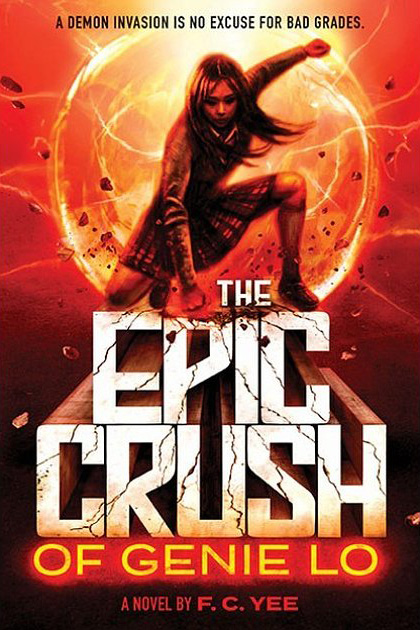
We begin each session by outlining some basic information about the various people groups we are talking about. For example, before discussing Asian American in children’s and YA literature, we did a lot of research to make sure we understood what we were talking about. This proved to be very important because it turns out that when we say Asia and Asian American, this encompasses more than I ever imagined. We outlined countries, demographics, religions and more. I’ve never personally loved history or geography and was truly mortified to find out how narrow my understanding was and how little I truly knew about Asia.
This in depth research portion has been personally very informative and rewarding. I feel more knowledgeable about the world in general and better able to serve my patrons. I also want to serve my co-workers by being as thorough, respectful and informative as possible. I may be a white woman but not all my co-workers are and I don’t want to misspeak or cause harm while training my peers about middle grade and YA lit.
Tropes, Stereotypes and Harmful Representation
In the next part of our discussion, we use a variety of resources such as TV Tropes and multiple professional discussions to make staff aware of tropes, stereotypes and harmful representation to look for when considering using books in programming or displays. We have discussed things like a white savior narrative, bury your gays, and the tendency to focus on one type of narrative. For example, when talking about books featuring African Americans, we remind staff that we want current stories for our kids that highlight children of color engaged in every day activities because not every story needs to be a story about slavery or civil rights.
Re-Examining Old Favorites
ADVERTISEMENT
ADVERTISEMENT
We then go on to talk about classics and favorites that many adults and librarians use that should be reconsidered because they have problematic or outright racist elements. We have, for example, discussed the recent research regarding racism in Dr. Seuss. And before we booktalk any title at the end, we research each title to make sure that isn’t any surrounding controversy that we may not yet be aware of.
An Own Voices Authors List

We then do exhaustive research and share with staff an Own Voices author list that we hope will help staff develop a richer knowledge of the collection. For example, when we did the presentation on Asian Americans in Kidlit, we tried to research specifically each author identified with. Our hope is that we are developing as inclusive as possible collections and recommendations for our patrons. It’s important to note that no Own Voices will ever be exhaustive or thorough because authors gets to decide if, when and how they identify as own voices, but having some own voices authors and titles to discuss is better than none.
Booktalking
We then go on to booktalk some of our favorites. I love talking about the books I love, so this is one of my favorite parts. For example, for the upcoming LGBTQIA+ presentation, I am hoping to highlight titles that aren’t just generally LGBTQ, but that fall under each letter so that our staff can better help patrons who may more specifically ask for a book that features a bi-sexual or asexual main character. This one is still in development.
For me, this has been about getting to have a richer, more complex understanding of the collection and knowing how to better serve patrons through this knowledge. I have personally learned a lot. I have professionally learned a lot. It’s challenging and rewarding. Yes, it is taking an investment in time to do the research and make sure we are doing a good job with the subject matter, but our patrons deserve good, accurate information.
Filed under: Uncategorized
About Karen Jensen, MLS
Karen Jensen has been a Teen Services Librarian for almost 32 years. She created TLT in 2011 and is the co-editor of The Whole Library Handbook: Teen Services with Heather Booth (ALA Editions, 2014).
ADVERTISEMENT
ADVERTISEMENT
SLJ Blog Network
Books on Film: GUESS HOW MUCH for This Picture Book
Publisher Preview: Enchanted Lion (Spring 2025)
Mr. Muffins Defender of the Stars | This Week’s Comics
Heavy Medal Mock Newbery Reader’s Poll
When Book Bans are a Form of Discrimination, What is the Path to Justice?
Our 2025 Preview Episode!
ADVERTISEMENT



